
Exciting new series on “Voice, Body and Movement for Lawyers – How to connect with the jury and find Justice Through Dramatic Technique!”
Click here to find out more
Judge Katherine Forrest will discuss the potential for generative AI, including large language models (LLMs), to reshape the legal profession, as well as how use of these tools may impact lawyers’ ethical obligations. Judge Forrest will provide an overview of the different use cases for attorneys employing generative AI in their practice, from completing 50-state surveys to brief writing to oral argument preparation.
We will discuss the potential for generative AI to raise ethical issues, such as the unlicensed practice of law, adhering to the duty of confidentiality and preserving privilege when using these tools (Rule of Professional Conduct 1.6), fulfilling the duty of competency in light of the varying limits and capabilities of generative AI tools (Rule of Professional Conduct 1.1), and considering the duty of candor given the growing number of rules of court governing the use of AI tools in legal practice (Rule of Professional Conduct 1.6).
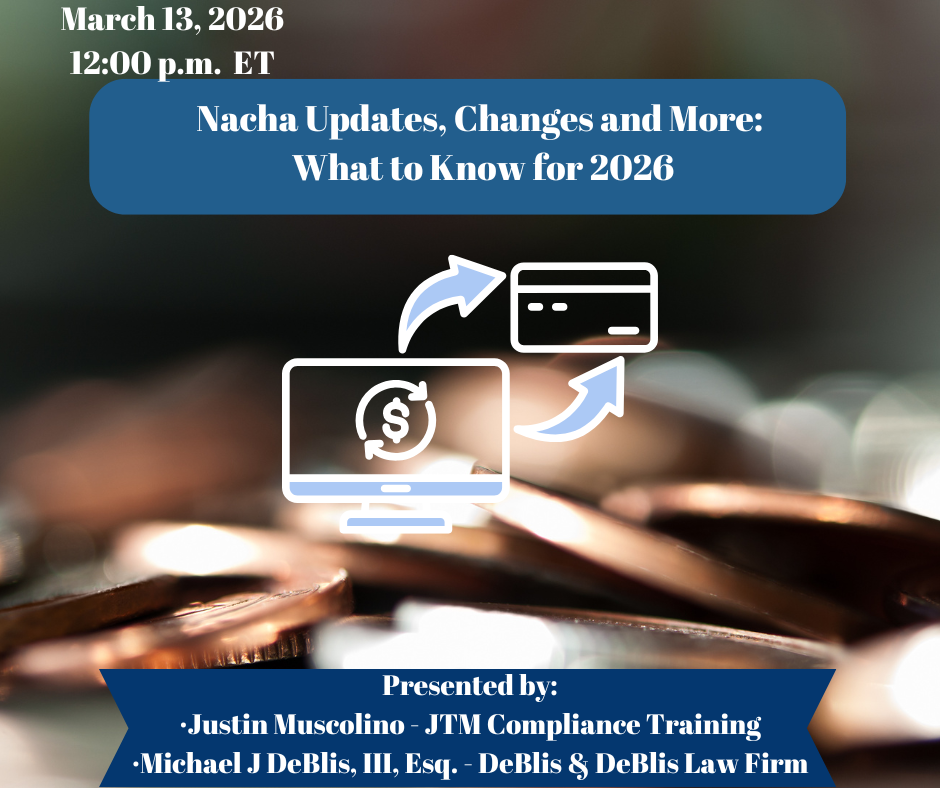
This attorney-focused program reviews upcoming Nacha rule changes for 2026 with emphasis on legal ob...
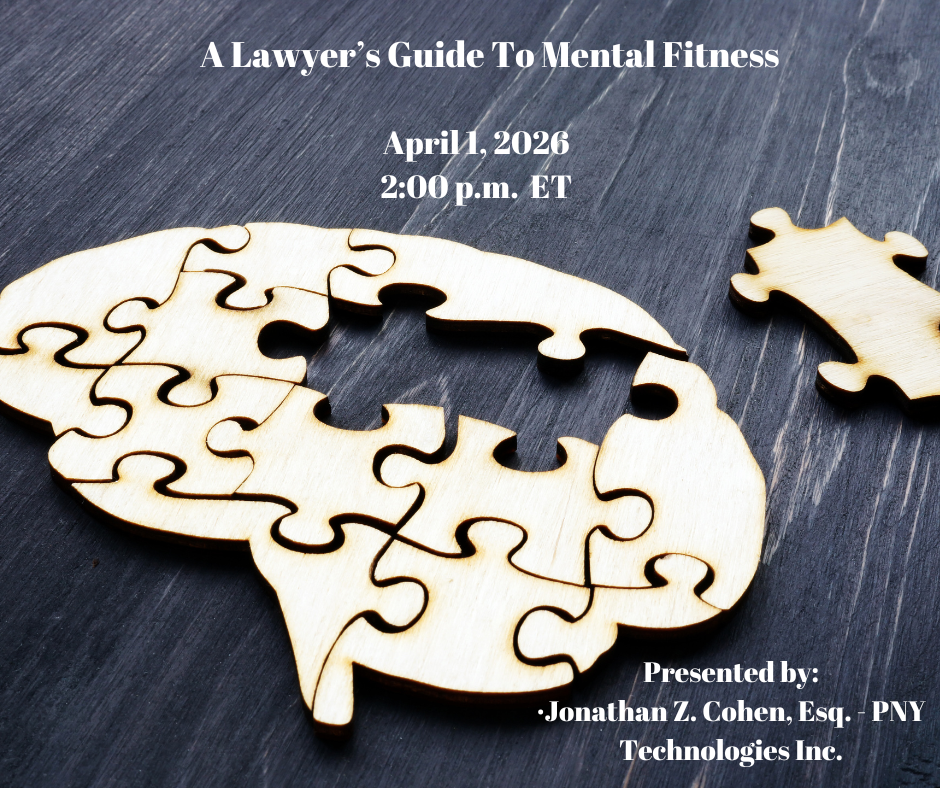
‘A Lawyer’s Guide To Mental Fitness’ is a seminar designed to equip professionals ...
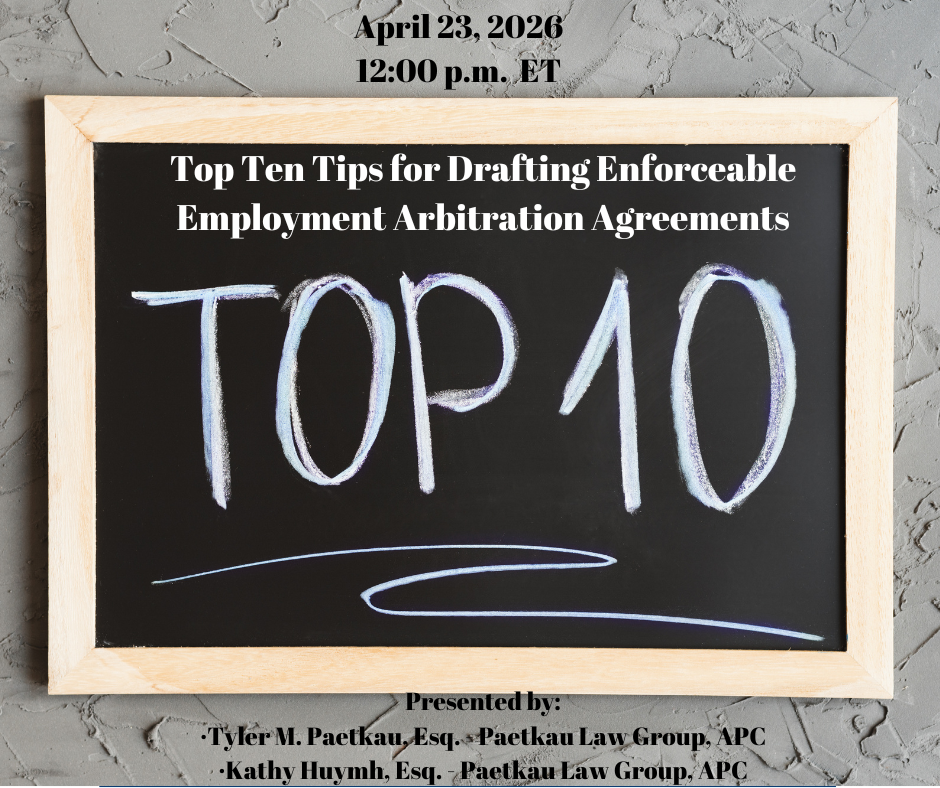
In the rapidly evolving landscape of employment law, arbitration agreements have become a cornerston...

This presentation provides an overview of copyright law particularly as it applies to music. The pre...
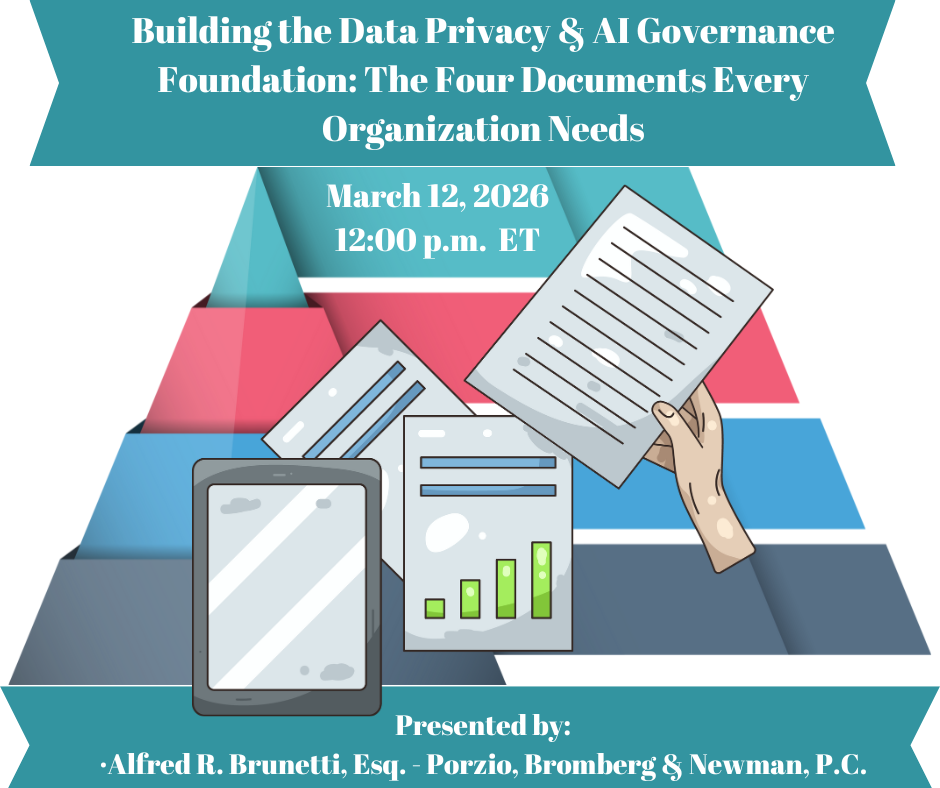
Effective data privacy and artificial intelligence governance programs do not happen by accident. Th...
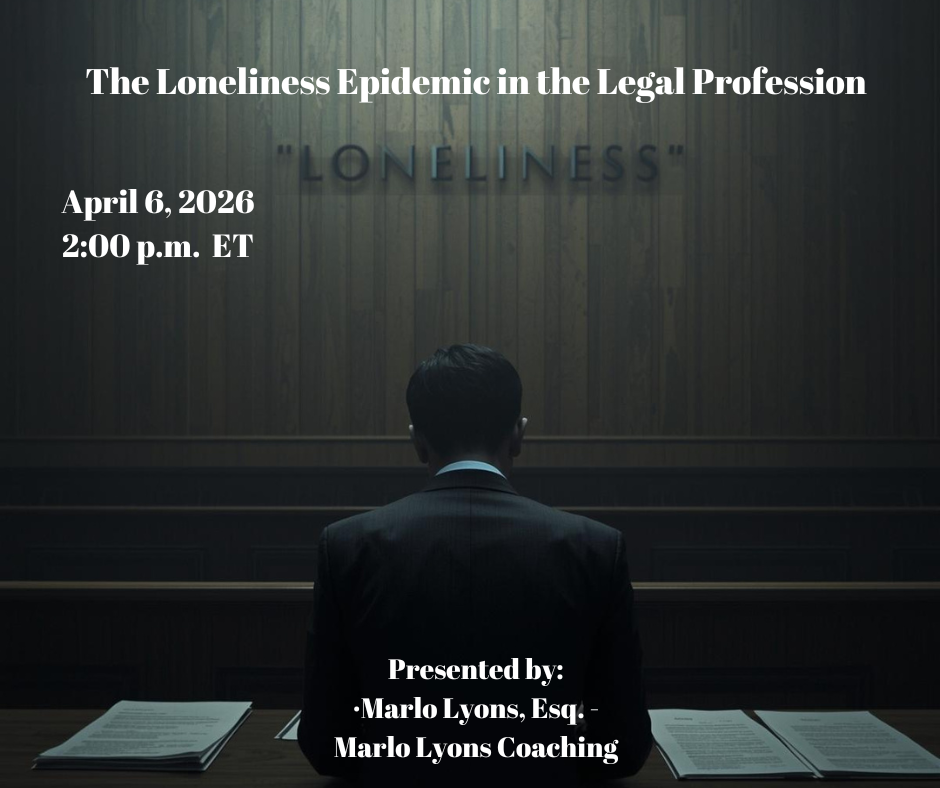
Loneliness isn’t just a personal issue; it’s a silent epidemic in the legal profession t...
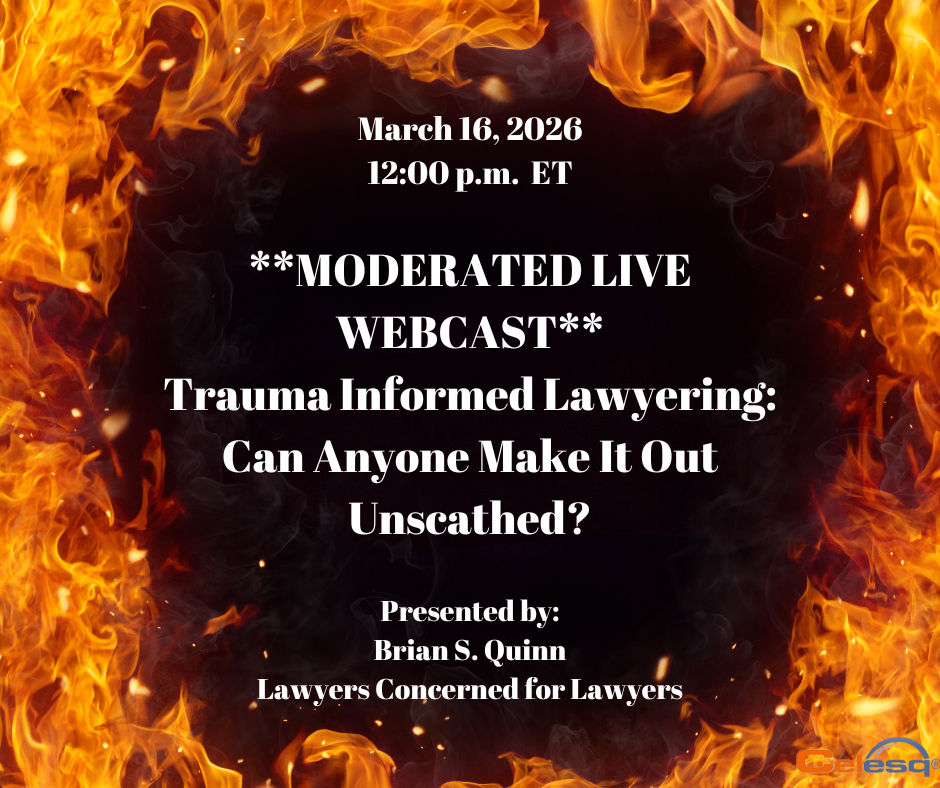
Attorneys hopefully recognize that, like many other professionals, their lives are filled to the bri...
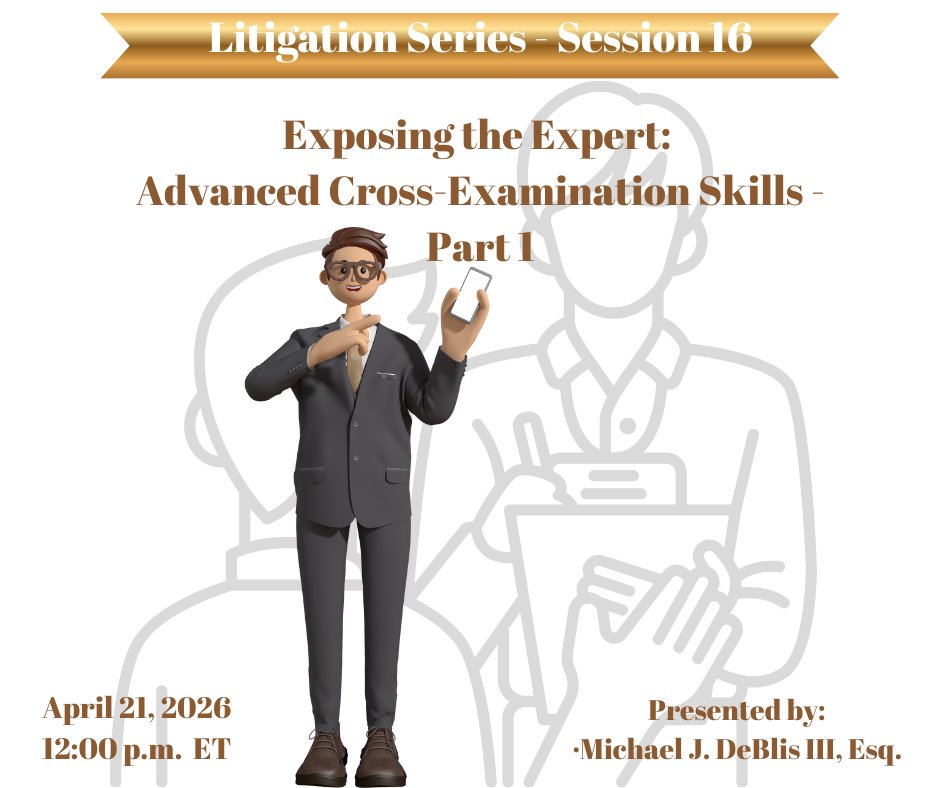
Part 1 - This program focuses specifically on cross?examining expert witnesses, whose credentials an...
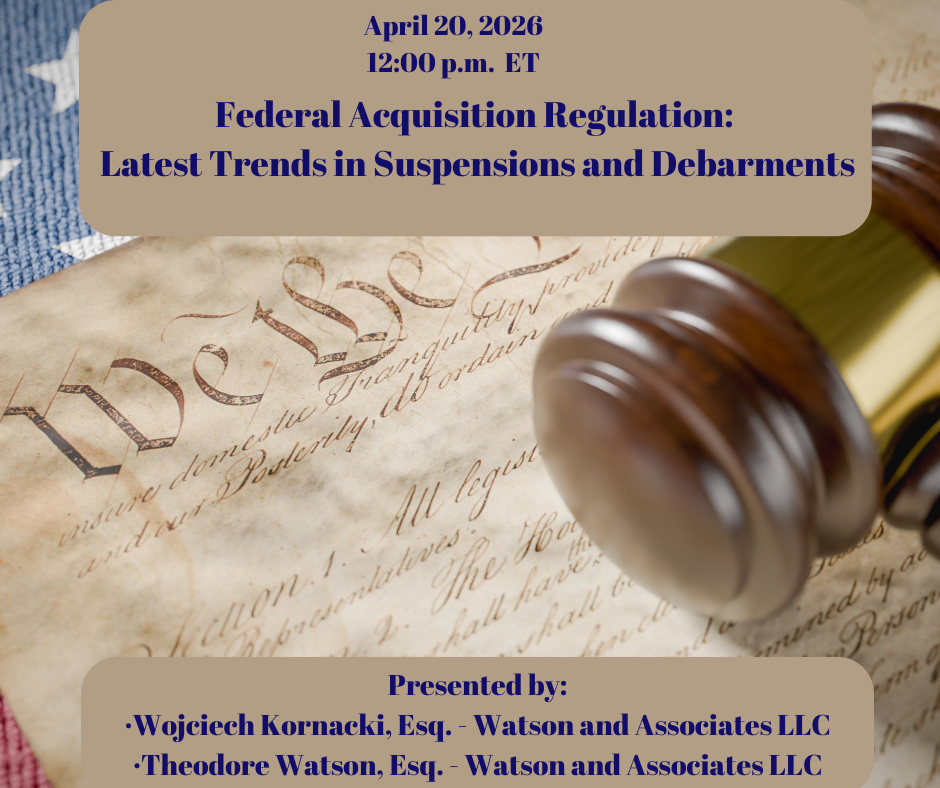
Learn about the latest trends in Federal Suspension and Debarments. This presentation will assist yo...
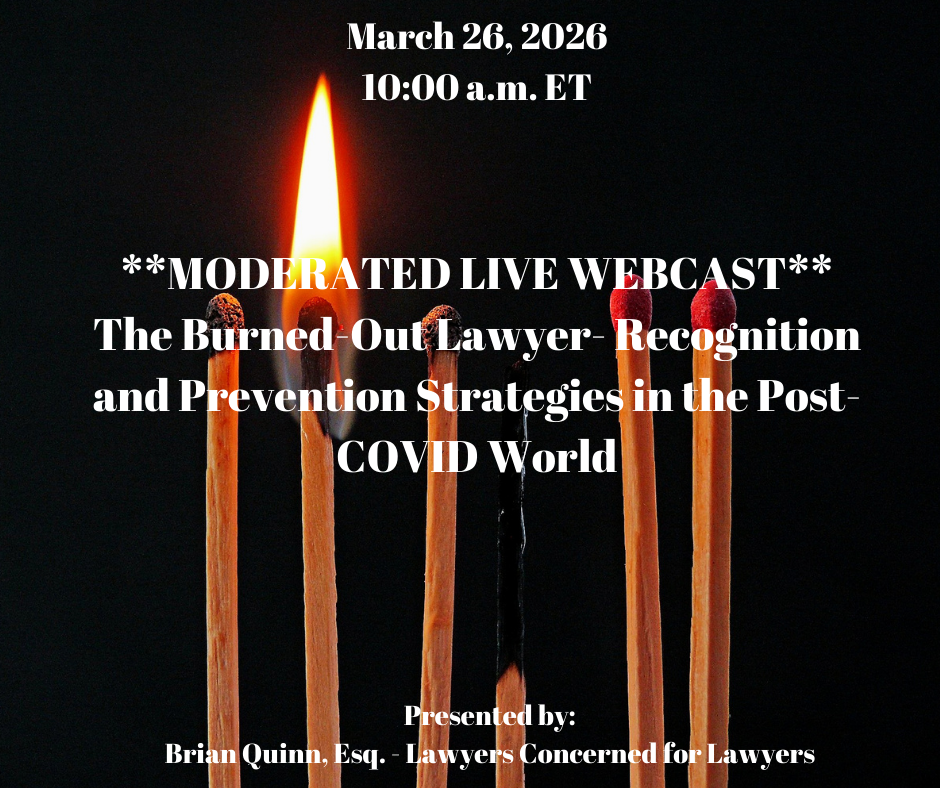
If there is one word we heard during our journey through the pandemic and continue to hear more than...